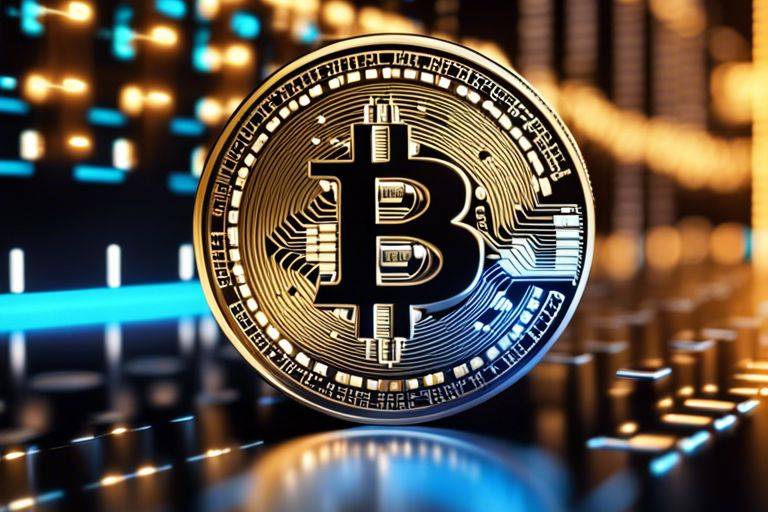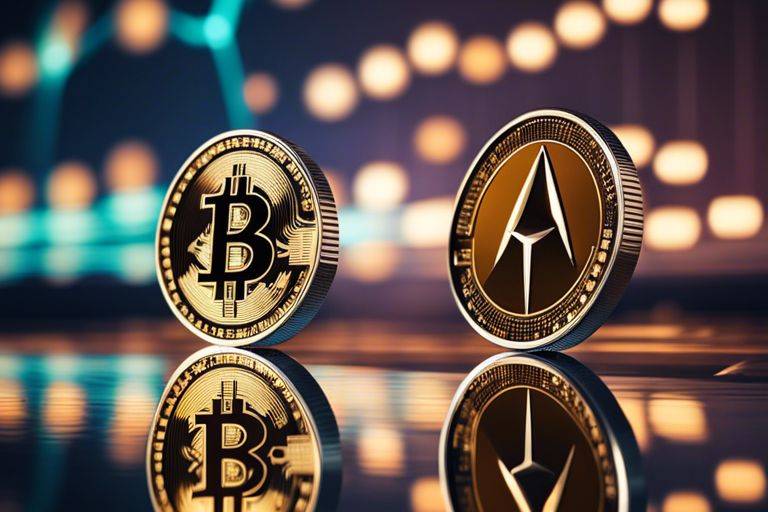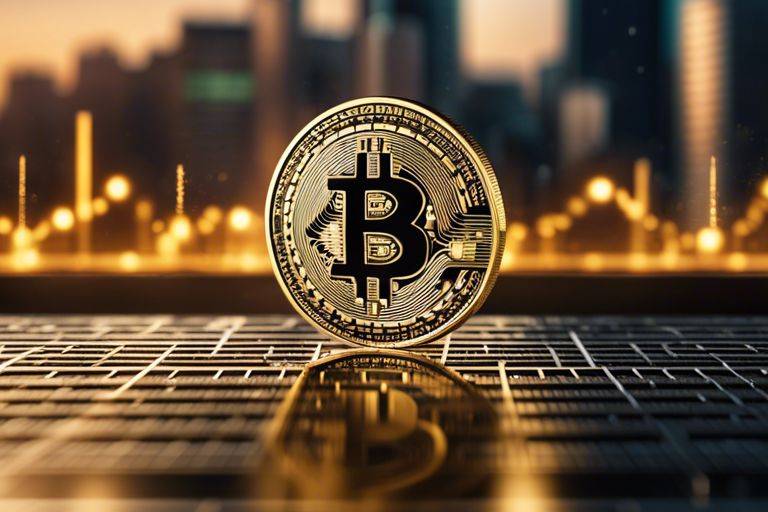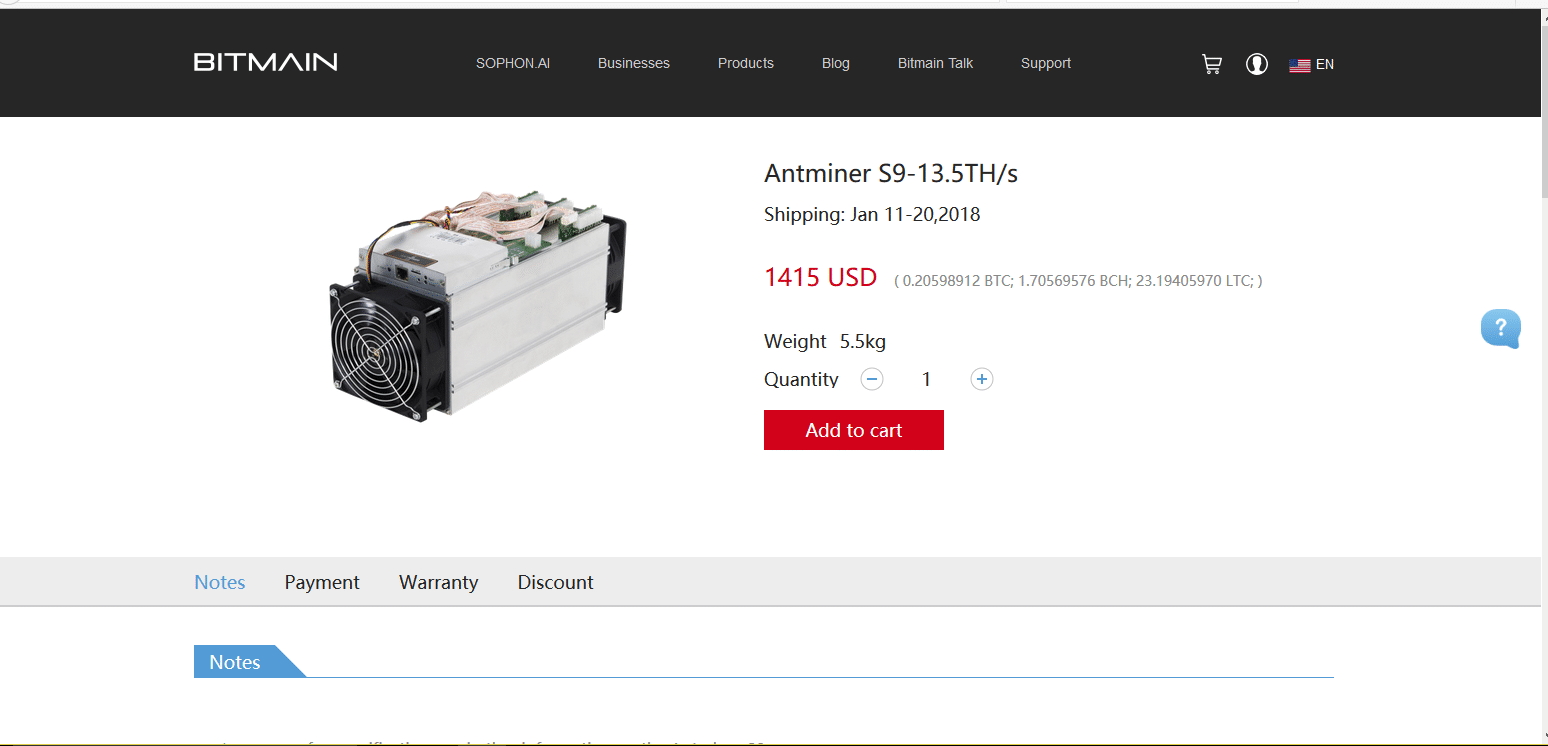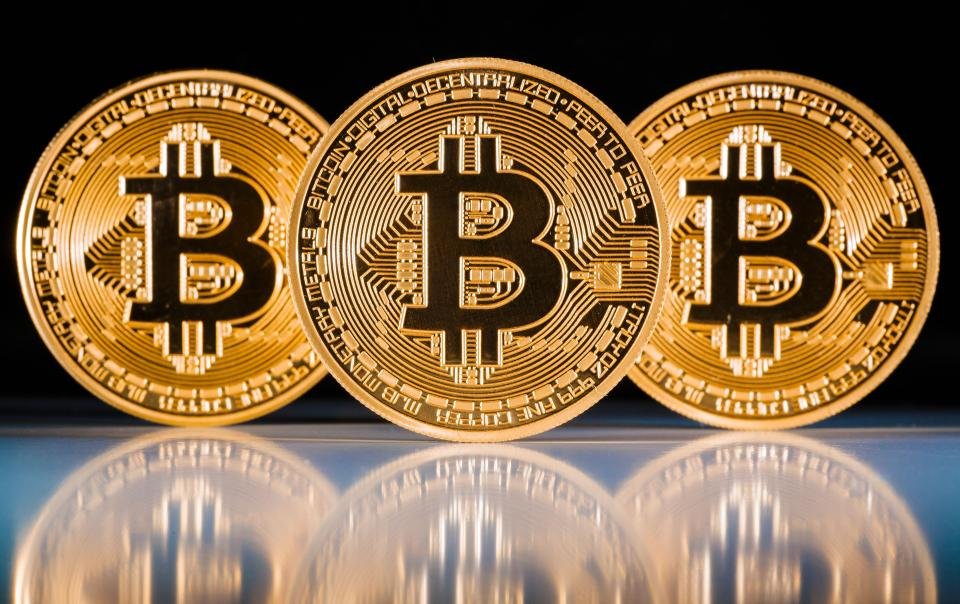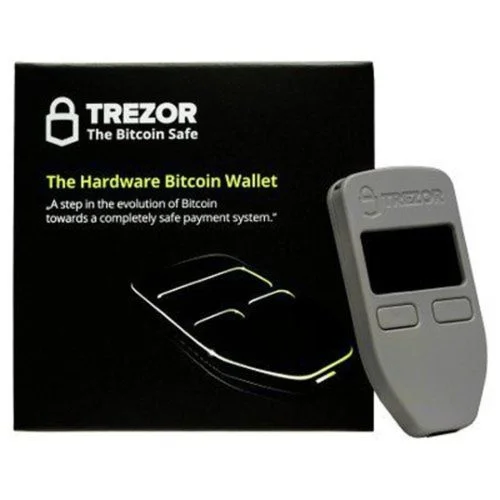Creating a Bitcoin Wallet
In my last installment, I had just completed my first mining rig and researched my cryptocurrency of choice. I then realized that I needed a bitcoin wallet, but I had no idea what this entailed.
You see, the layman’s conceptualization of a wallet is one that is made of durable material, holds physical cash and an array of cards, and folds up neatly enough to fit in one’s pocket. This concept isn’t too far off for a crypto wallet for holding Bitcoin or other cryptocurrencies. But it’s still far more abstract and requires a decent amount of configuration. (If you haven’t read my previous installment in this series, you should first check it out here)
Offline Wallets – Bitcoin Core
The first bitcoin wallet you will typically find when doing your initial research is included in a program known as Bitcoin Core. This is a wallet that you have to store locally on your own PC, and you are wholly responsible for backing it up and maintaining its security. If you do not keep your offline wallet safe, you are apt to lose any and all Bitcoin and/or other cryptocurrencies you mine or buy. This will mean you lose your investment, which is much like losing your own wallet filled with cash.
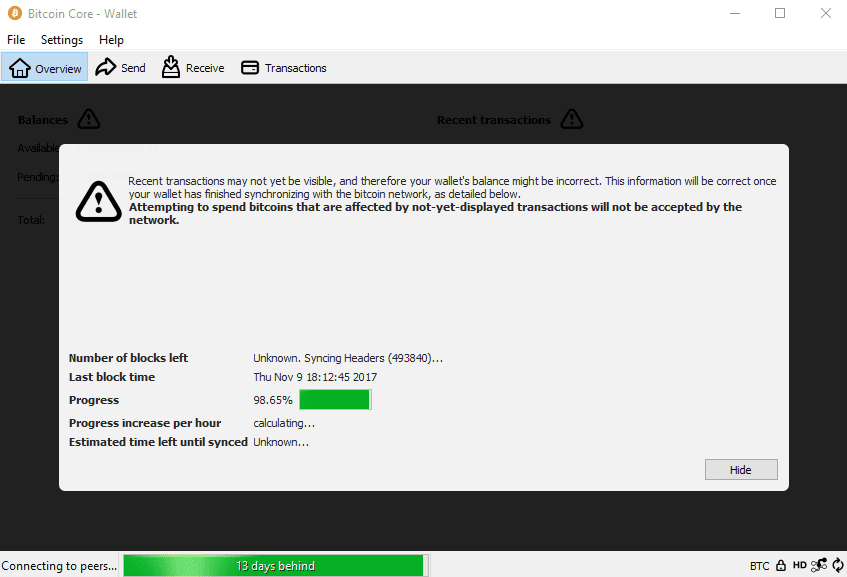 Bitcoin Core – Initial Setup
Bitcoin Core – Initial Setup
There is no assurance of safety and no expectation that any Bitcoin you keep in an offline wallet will remain if you don’t perform due diligence and keep your offline wallet secure and backed up. This is the biggest con to using a wallet in this manner. However, if you safeguard your Bitcoin in an offline bitcoin wallet, you can greatly protect it from most fees that come with using online wallets, which will be discussed later.
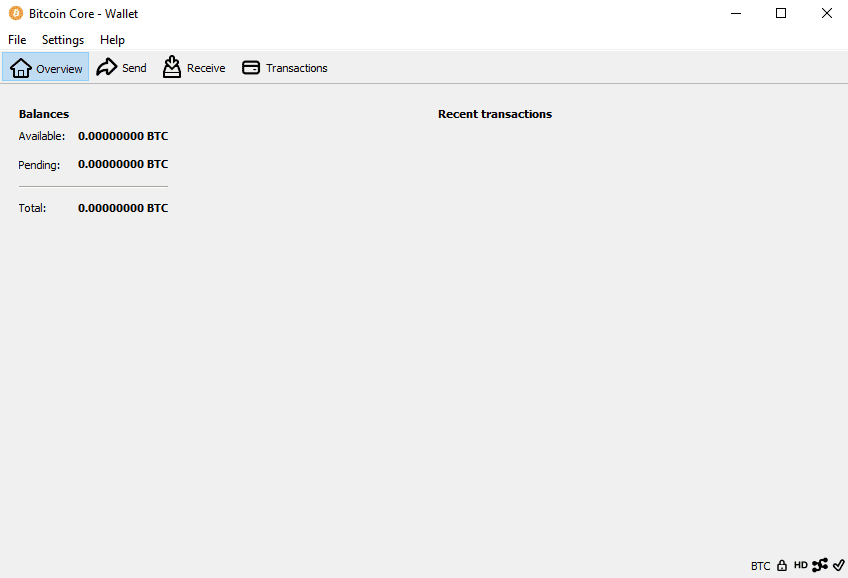
Bitcoin Core – Ready to Send and Receive
Online Wallets – Coinbase
The next option I researched when starting down my path to mining Bitcoin was using online wallets, such as Coinbase. Online wallets usually resemble online bank accounts. They typically allow you to buy, sell, and exchange Bitcoin and other supported cryptocurrencies in real time. Additionally, online wallets will allow you to send and receive coins to and from other users for goods and/or services rendered elsewhere.

Coinbase Dashboard
In my travels, I settled on using Coinbase as my online wallet of choice. Coinbase only deals in 3 cryptocurrencies: Bitcoin, Ethereum, and Lytecoin. However, Coinbase is highly reliable and very well respected in the world of cryptocurrency. Given their track record, I decided to use them as my online wallet provider. Thus far, in my 6 months of mining and trading crytpocurrencies, I’ve made several purchases of Bitcoin and Ethereum. And as far as ease of use is concerned, Coinbase is tops in my book. I’ve never had any problems with my transactions, and receiving my coins has always gone smoothly.
Another feature that is useful in using an online bitcoin wallet is that you can have your mining pool accounts automatically transfer your mined Bitcoin to your online wallet using a specific receiving address. For more on sending and receiving addresses, please consult this extensive guide. I’ll share my experiences with mining pools in my next installment.
Paper Wallets – A Bitcoin Wallet with Paper
Paper wallets can be used in a very similar way to offline wallets by manner of storing your coins offline. Rather than using a hard drive or other hardware, they are stored on a piece of paper that has a public and private key, as well as a QR code. These wallets are fully offline, and they will hold any amount of Bitcoin or other cryptocurrency as you want to store on them, but they do require either an offline or online wallet to load them with Bitcoin.
Paper wallets can be extremely secure, as they only exist in a paper format, and are only known to you and anyone with which you share the private key. The biggest caveat is that if you lose this private key, you lose all the funds loaded onto it. The vast majority of people will use paper wallets to fully store their Bitcoin offline, and paper wallets will typically be stored in a safe.

Bitcoin Paper Wallet Example
I purchased a paper wallet from a seller on eBay during my experimentation. Therefore, I understand first-hand just how volatile and scary the concept of storing Bitcoin on a paper wallet can be. Using a paper wallet is entirely too risky for myself, and should be considered as such for fellow newbies. Paper wallets are an extreme way to keep your cryptocurrencies offline and away from most fees associated with online wallets. However, paper wallets are extremely vulnerable to theft, disaster, or simply being lost. For this option, I advise you avoid it unless you can stomach the enormous risk that comes with the territory.
Well, we now have a wallet for our coins! Next time, we’ll explore mining pools in an in-depth manner. Look to this space for more of my adventures in Bitcoin!
[ Editor’s note: A bitcoin wallet or a wallet to hold any kind of cryptocoin is something every cryptocurrency investor needs – not just coin miners. Eric wrote an article that everybody can benefit from. ]

